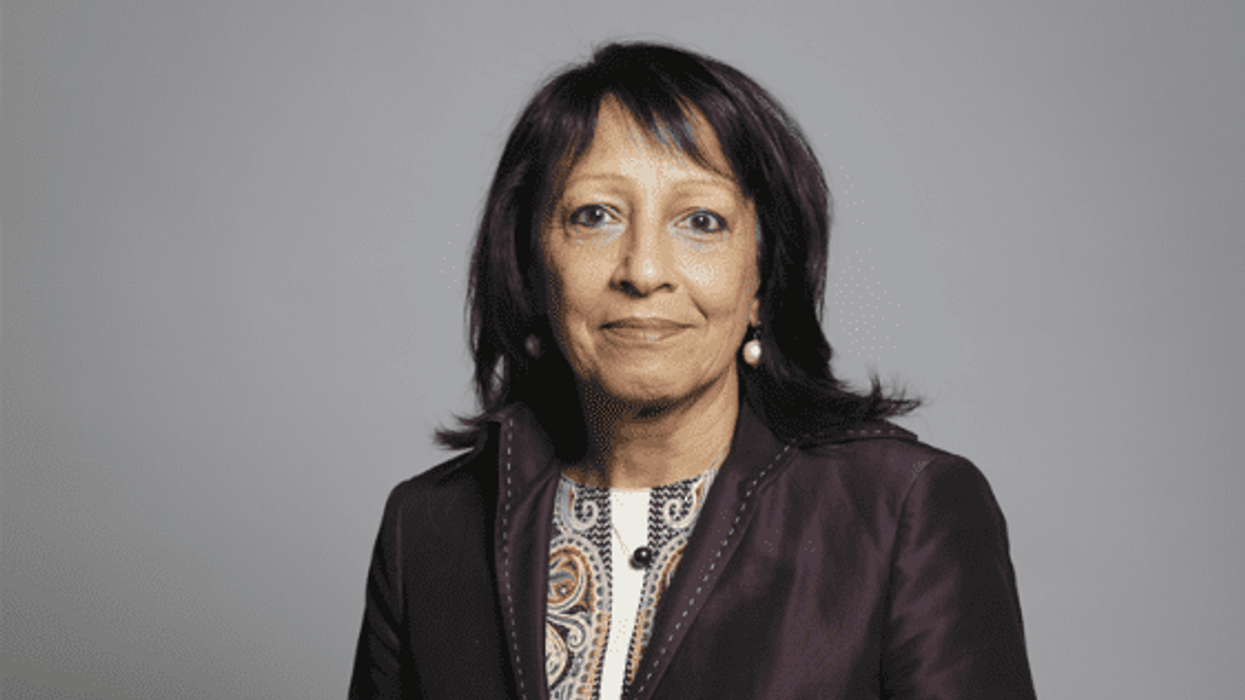Equality and Human Rights Commission (EHRC) chair Baroness Kishwer Falkner has said integration appears to be failing in Britain following a decade of increased migration, The Telegraph reports.
The 68-year-old Baroness of Margravine expressed concern over the “complacency” among politicians regarding increased immigration.
The former Liberal Democrat said in the aftermath of 2005 London bombings there was a sharp focus on fighting extremism, but now it was no longer there in people's minds.
While the Baroness welcomed the increased immigration in the last decade, she pointed out that "large numbers of first-generation migrants haven’t had the background of growing up in a rights-respecting country," she told the daily.
Citing the example of Germany, Falkner wants the people migrating to the UK to take courses in integration. These courses should go beyond the current citizenship test, she added.
"I think we need to follow the model of other countries that, before people are granted citizenship, require them to take an entire course on what it means to come and live in Western democratic societies,” she told the daily.
She said Rishi Sunak's recent speech accusing Islamist extremists and far-right groups of spreading poison in the UK and undermining democracy, after the escalation of the Hamas-Israeli conflict, was important, but it should have come a month earlier.
Falkner lamented that during the last five months, the levels of discord on Britain’s streets have gone up, with some communities feeling unsafe to move around in some areas.
The Baroness said the migrants should realise that nobody forces them to migrate to the UK. But once they arrive, they should live by the country's norms and values.
She said democracy was akin to a delicate Ming vase, which could break easily if it slips.
Recalling her migration from Pakistan, the Baroness said she had developed 'resilience' after living in various countries before settling in the UK.
While she was growing up in Pakistan, the country was going through civil war and later she lived in Saudi Arabia and worked in Africa.
She said the 'stable environment' that the UK offers makes it easier to cope with “setbacks”.
Falkner came to the UK at the age of 21 and studied international relations at the London School of Economics. She later took master's at the University of Kent.
EHRC controversy
The Baroness had faced a series of complaints from the former and current employees of EHRC.
However, the allegations were later dropped following a separate review launched by Kemi Badenoch, the equalities minister – to investigate how the EHRC handled the allegations against its chairwoman.
Recalling those days, she said she “contemplated walking away more than once.” She had to spend around £30,000 for her legal bills and the investigation lasted eight months.




